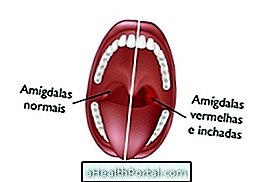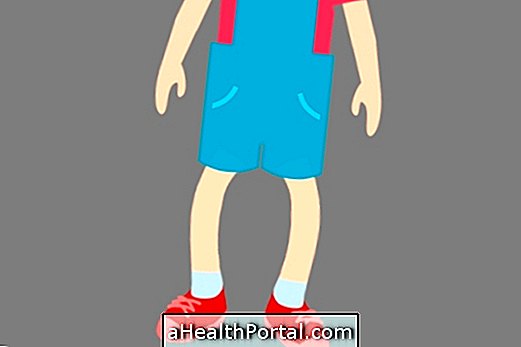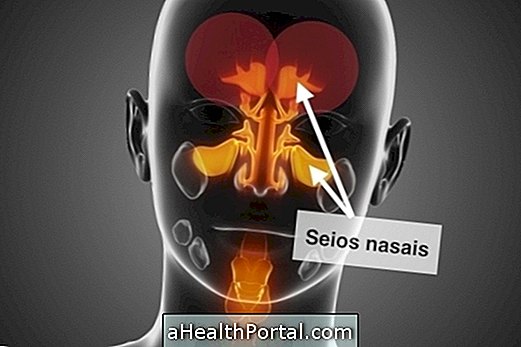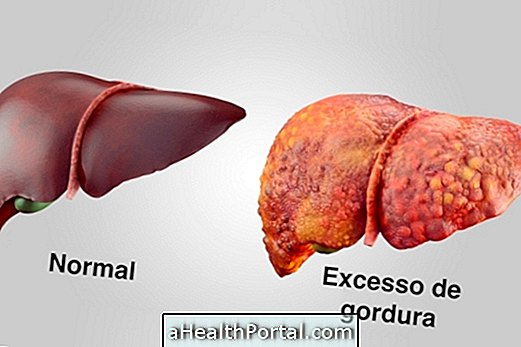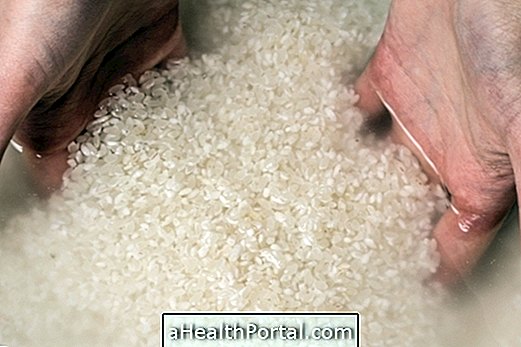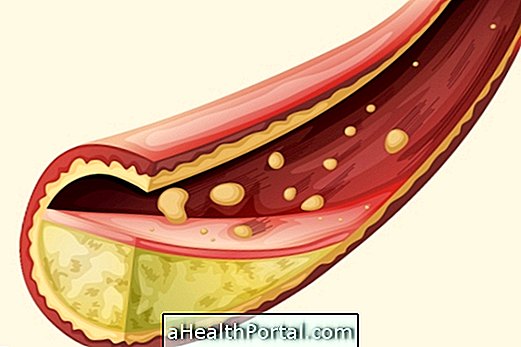The main symptoms of myotonic dystrophy are:
- Muscle atrophy;
- Frontal baldness;
- Weakness;
- Mental retardation;
- Difficulties in feeding;
- Difficulty breathing;
- Cataratas;
- Difficulties to relax a muscle after a contraction;
- Difficulties in speaking;
- Somnolence;
- Diabetes;
- Infertility;
- Menstrual disorders.
Myotonic dystrophy is a genetic disease that affects both men and women, but is more common in young adults.
Depending on the severity of the disease, the stiffness caused by chromosomal changes can compromise several muscles, leading to death before age 50. Individuals with the mildest form of this disease have only muscle weakness.
Symptoms may be relieved by the use of drugs such as phenytoin, quinine, and nifepidine that decrease muscle stiffness and pain caused by myotonic dystrophy.
Another way to promote the quality of life of these individuals is through physiotherapy, which provides a better range of movement, muscle strength and body control.

